Reflective Learning Report: Skills Development using Driscoll's Model
VerifiedAdded on 2023/01/05
|5
|965
|20
Report
AI Summary
This report presents a student's reflection on their learning experiences, utilizing the Driscoll model to analyze skill development. The student reflects on lectures covering topics such as reading skills, digital literacy, time management, learning styles, teamwork, communication, and presentation skills. The report details the 'What,' 'So what,' and 'Now what' phases of the model, evaluating the impact of these skills on their personal and professional development. The student identifies strengths and weaknesses in communication and digital skills, and outlines strategies for improvement, including practicing public speaking and dedicating more time to digital concepts. The conclusion emphasizes the importance of the Driscoll model in facilitating self-assessment and identifying areas for skill enhancement, ultimately contributing to improved learning outcomes and professional growth. The report also provides insights into how the student has developed skills like team work and time management. The student further explains how they were able to overcome their weaknesses and improve their skill set, which is a great example for other students.
1 out of 5
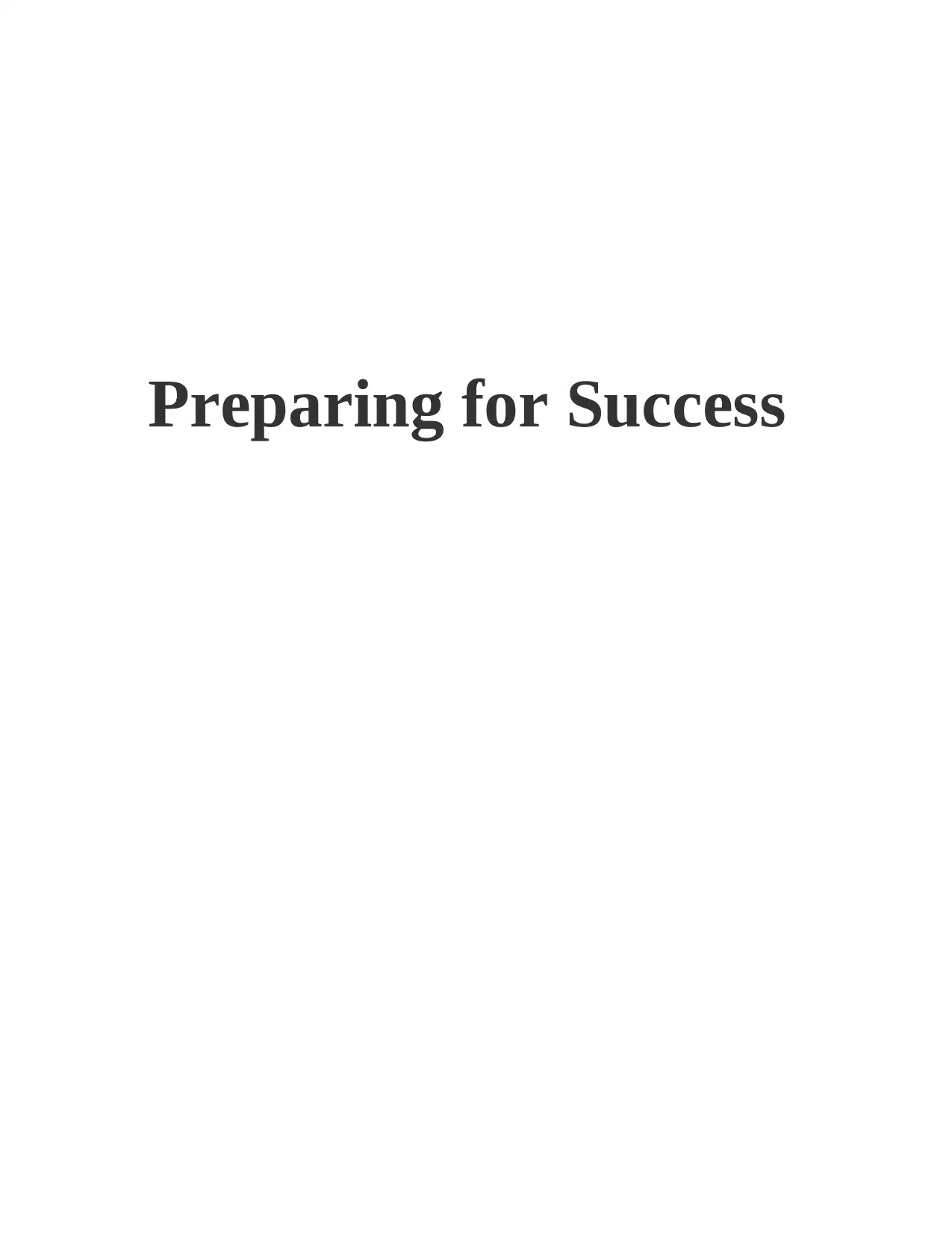
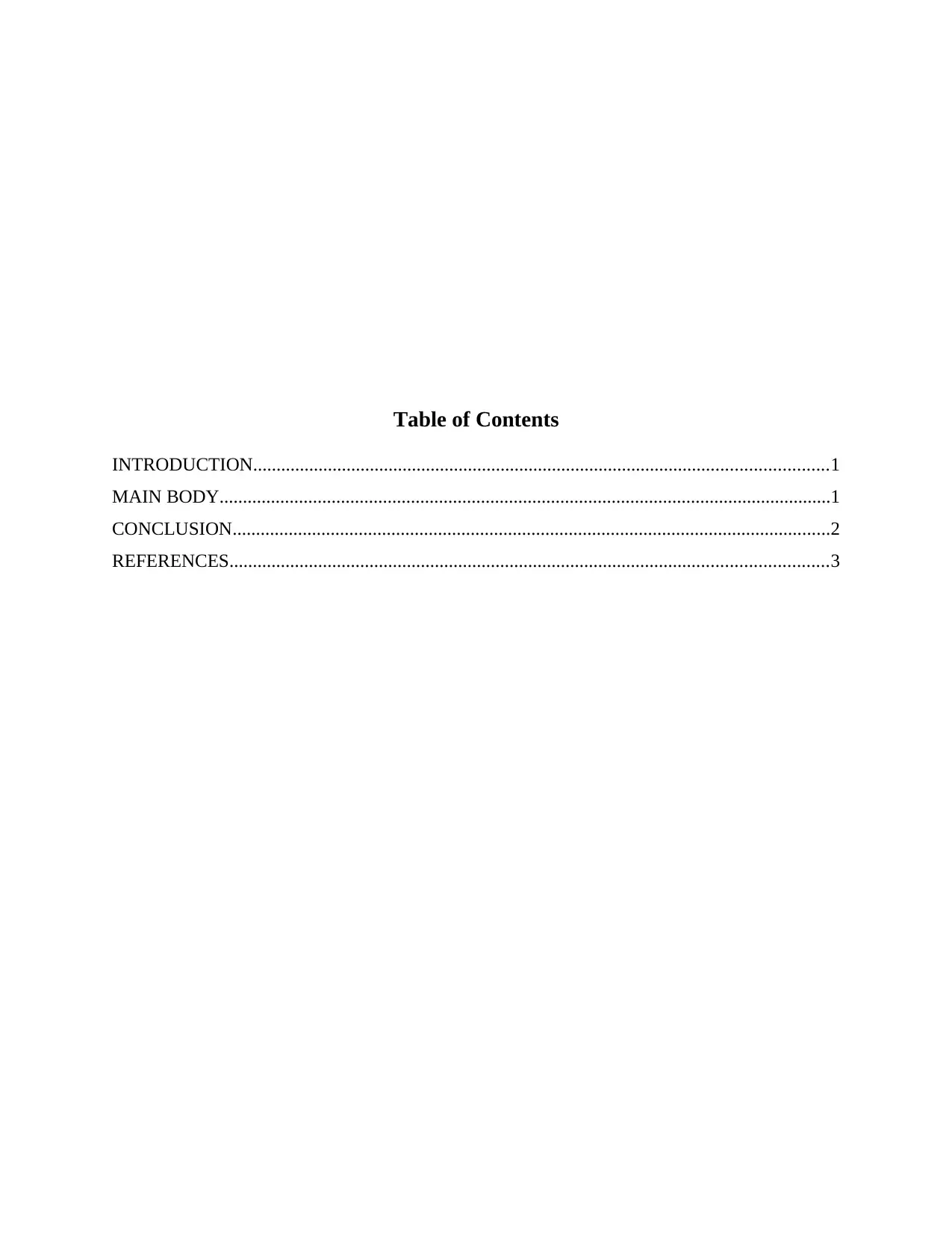
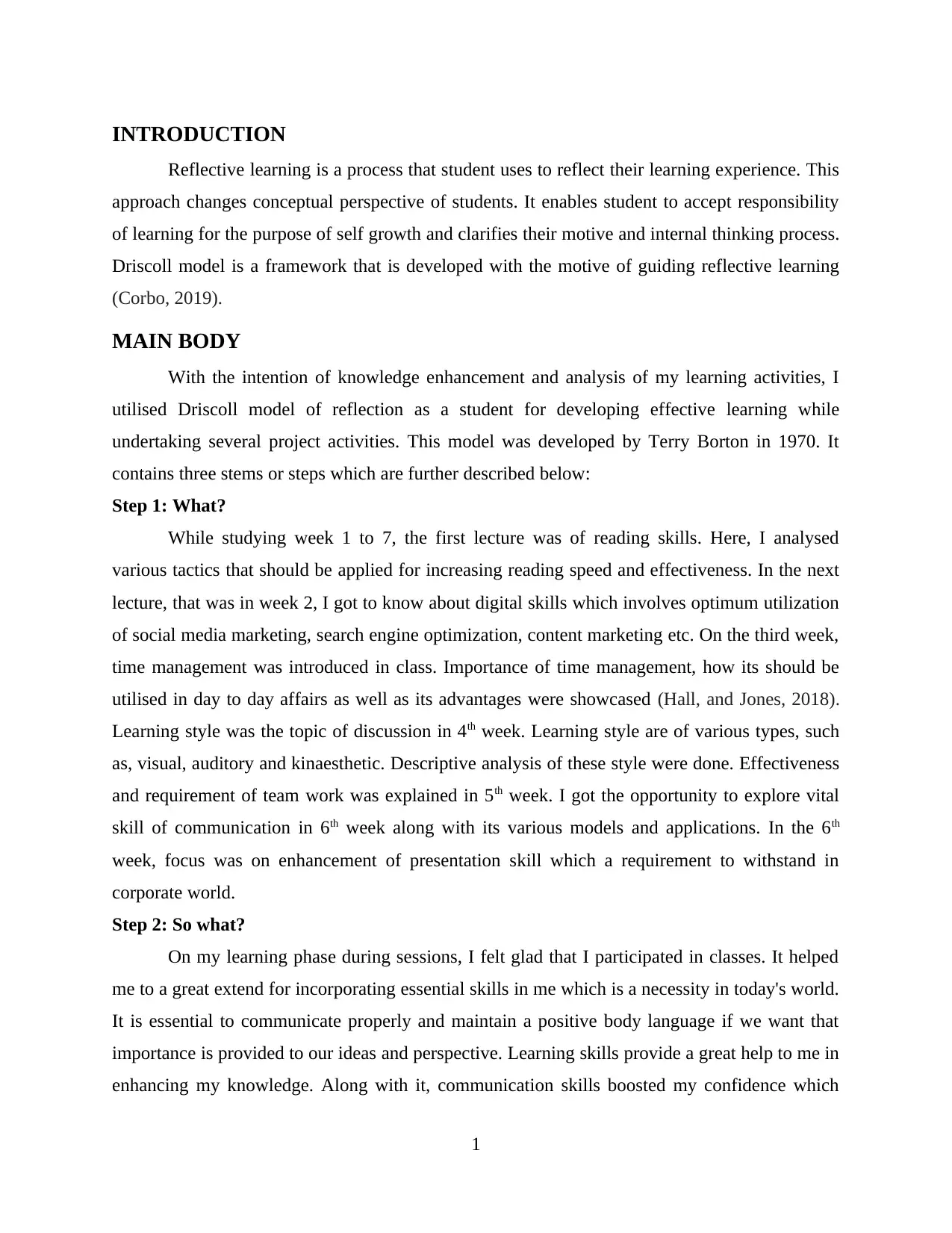

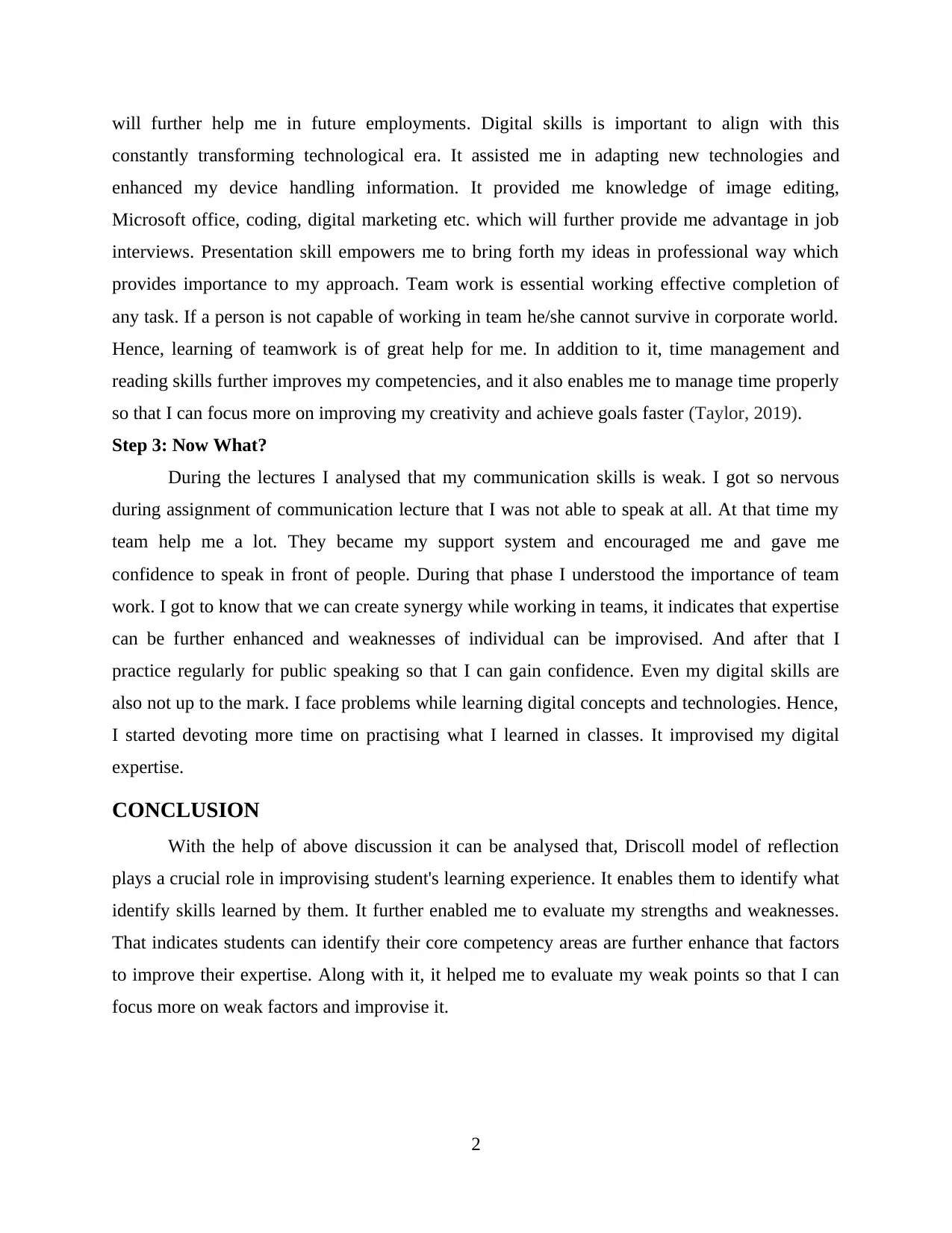
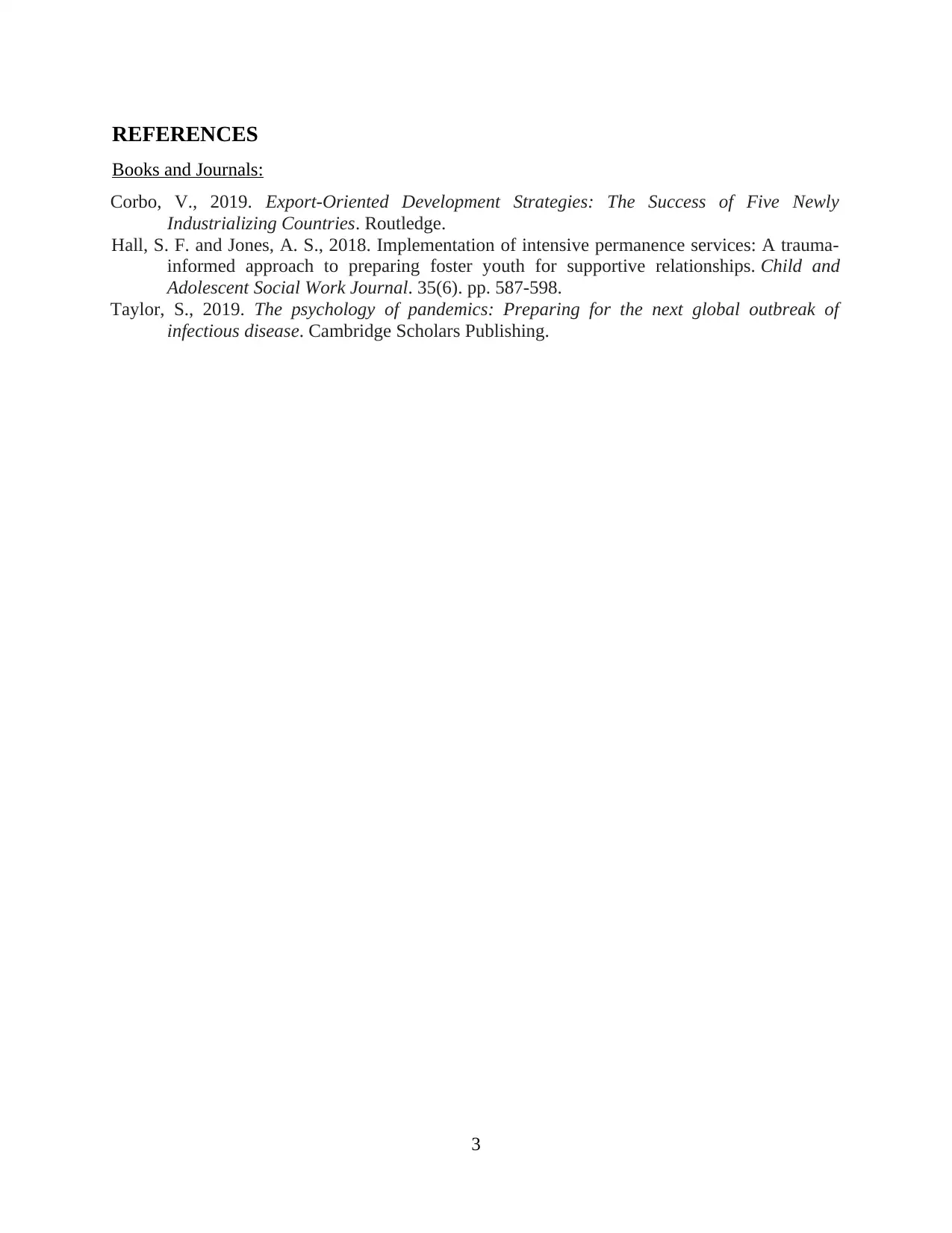






![[object Object]](/_next/static/media/star-bottom.7253800d.svg)